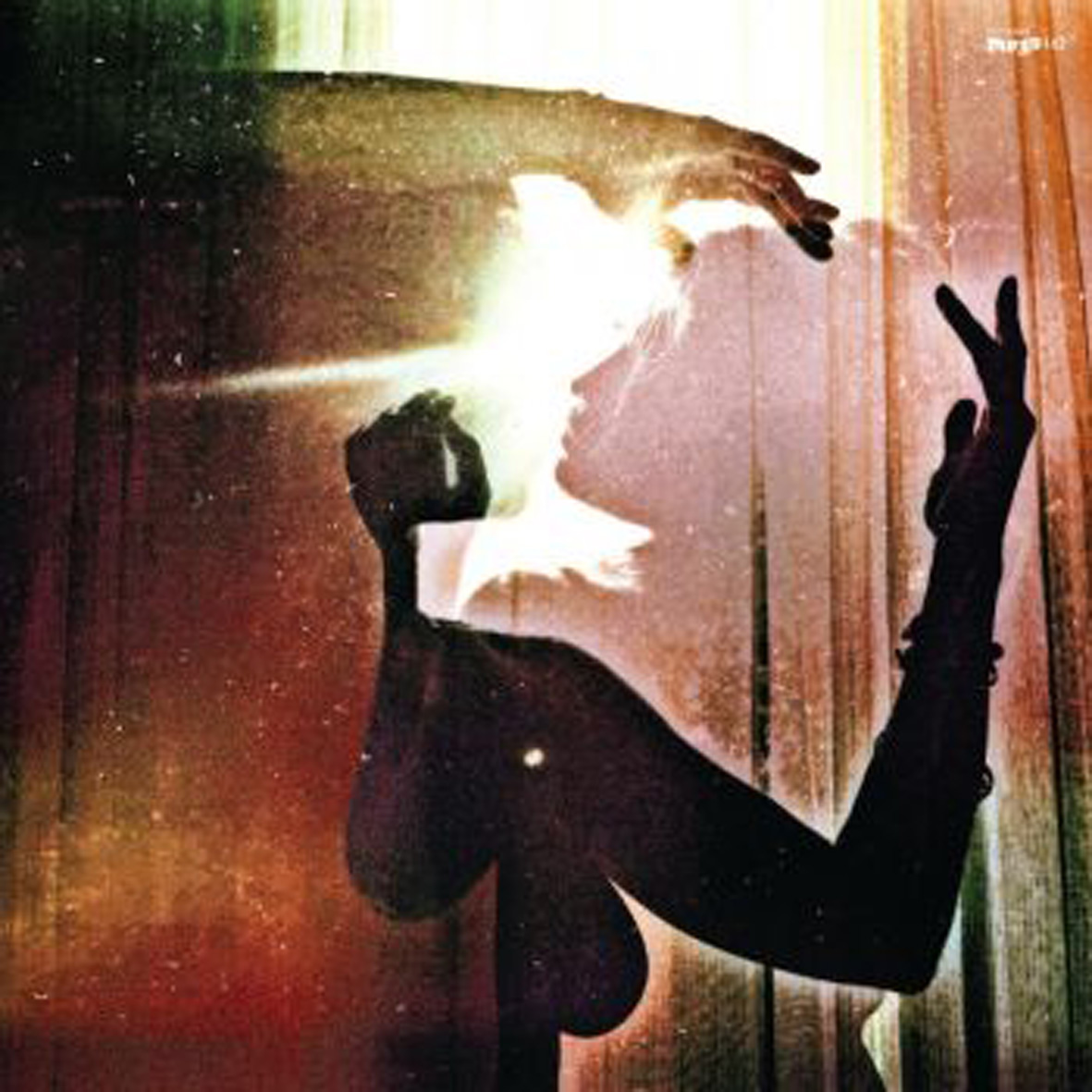 After a 12 year hiatus, Mark van Hoen has unexpectedly returned with a new Locust album.  In fact, I do not think that Mark himself even expected it: he enlisted his friend Louis Sherman to join him for a live performance on WFMU and discovered during their rehearsals that they sounded both 1.) great and 2.) an awful lot like Locust.  As Van Hoen remains the driving force and has a very distinctive aesthetic, the resultant material still shares a lot of common ground with last year's excellent solo album (The Revenant Diary), but You'll Be Safe Forever is floating and melancholic rather than then tense and haunted.
After a 12 year hiatus, Mark van Hoen has unexpectedly returned with a new Locust album.  In fact, I do not think that Mark himself even expected it: he enlisted his friend Louis Sherman to join him for a live performance on WFMU and discovered during their rehearsals that they sounded both 1.) great and 2.) an awful lot like Locust.  As Van Hoen remains the driving force and has a very distinctive aesthetic, the resultant material still shares a lot of common ground with last year's excellent solo album (The Revenant Diary), but You'll Be Safe Forever is floating and melancholic rather than then tense and haunted.
While the return of Locust is certainly a noteworthy event, this is not quite the bold statement that densely paranoid The Revenant Diary was, nor is it meant to be.  Rather, You'll Be Safe Forever seems like a one-off fluke that felt right and deserved to be released.Much of the album's material is based upon both recent improvisations and unused recordings that Van Hoen had from the last half-decade or so.  Despite that, the end result feels like a very coherent album–the only real clue to its somewhat humble origins is that only a handful of songs boast strong hooks.  Thankfully, the less hooky remainder (like "The Washer Woman") sound far more like the soundtrack to an arty, stylized thriller than anything resembling lazy or sub par song-craft.  While he certainly has a quizzical devotion to big, fat '90s-sounding break-beats, I get the impression that Mark is too much of a perfectionist to let anything remotely clumsy, half-baked, or weak see the light of day with his name attached to it.
I definitely prefer the more hook-heavy pieces though.  The album's clear highlight is "Strobes," as Sherman's synth swells are adrenalized by a heavy, relentless groove and Van Hoen conjures up a great hook from a chopped and stuttering female vocal snippet.  The duo never quite manage to get everything so wonderfully right at the same time again, but that does not stop them from producing a handful of other excellent pieces.  For example, the opening "Fall For Me" takes an auto-tuned pop hook and slows it down to a dreamily pulsing, slow-motion haze.  Even better is eerie and subtly hallucinatory "Do Not Fear," in which a sensuous female voice repeatedly urges me to join her while drifting synths cohere into dissonant, sinister harmonies and a slow, heavy groove holds it all together.
For better or worse, that piece exemplifies Van Hoen's recent aesthetic: a precarious balance between booming break-beats and surreal uneasiness.  It seems like an approach that should not work at all, as such beats cannot help but undercut whatever dark, more sophisticated mood the rest of the song seems to be going for.  However, those same unrelenting beats also seem to prevent Mark from ever becoming meandering and indulgent.  When he misses, the result is enjoyable, but mildly perplexing and anachronistic.  When he hits, he somehow makes existential horror and paranoia seem catchy and accessible, which is a neat trick that few others can pull off.  Also, on the rare occasions when the duo dispense with beats entirely ("Corporal Genesis"), the results can be sublimely haunting.
It is telling that the sole significant critique that I can level is also kind of a perverse compliment: Van Hoen seems almost entirely indifferent to all of the dance trends that came and went in Locust's wake.  He is definitely aware of them–he just does not care.  As a result, You'll Be Safe Forever sounds endearingly like a lost classic from the '90s, but one that has been aggressively remastered to make the most of modern recording software.  Some of the more trip-hop/"Portishead" grooves (the shuffling and eerie "Flower Lady," for example) will no doubt make it difficult for this album to connect with as large an audience as it deserves, which I can understand. There is a reason that Mark loves break-beats so much though: they can be very propulsive and satisfying, which provide a perfect counterbalance to his blurrier, more brooding side. The craftsmanship, complexity, and masterfully fractured hooks on display make it well-worth the effort to indulge Locust's quirks.  This is a strong return.
Read More

